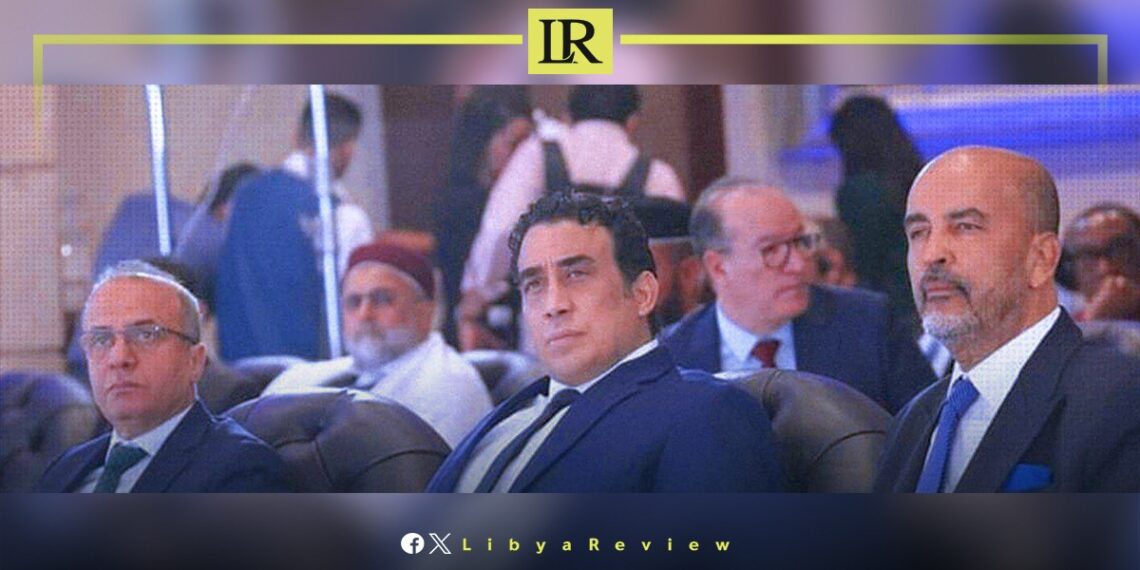The upcoming Libyan National Reconciliation Conference is shrouded in uncertainty due to a wave of recent withdrawals, casting doubt on its potential success, as reported by The Independent Arabiya.
Scheduled to take place at the end of April, the conference is seen as a pivotal moment in Libya’s decade-long quest for stability and unity. However, its future now seems precarious, threatened by failure before it even begins.
The conference’s success is integral to continuing the positive momentum gained in the political process over recent months. It has seen a narrowing of divisions and a concerted effort to map out a route to general elections.
However, the shadow of failure looms large, exacerbated by deep-rooted issues unresolved since the 2011 overthrow of Moammar Gaddafi.
At the heart of the matter are disputes over foundational principles like transitional justice—its scope, beneficiaries, and the mechanisms for addressing past wrongs and compensations. These debates underscore the complex nature of achieving reconciliation in a country marked by years of conflict, political fragmentation, and divergent visions for the future.
The role of the Presidential Council is under the spotlight as it seeks to mediate these differences and steer the conference toward a successful outcome. The council’s ability to foster consensus among Libya’s varied factions is critical not only for the immediate success of the conference but also for the broader aim of national unity and the advancement toward democratic governance.
As the date of the conference draws near, the international community and Libyan stakeholders watch with bated breath, hopeful yet cautious about the potential outcomes.
Notably, representatives of the Libyan National Army (LNA)’s General Command decided to withdraw from the upcoming National Reconciliation talks.
This move came after Mohamed Al-Mnifi, the head of the Presidential Council, retracted his decision to integrate army martyrs and wounded into the General Authority for the Care of the Families of Martyrs and Missing.
The withdrawal signifies not just a setback in the reconciliation process but also accentuates the intricate balance between honoring domestic grievances and navigating international interventions in Libya’s quest for stability.


